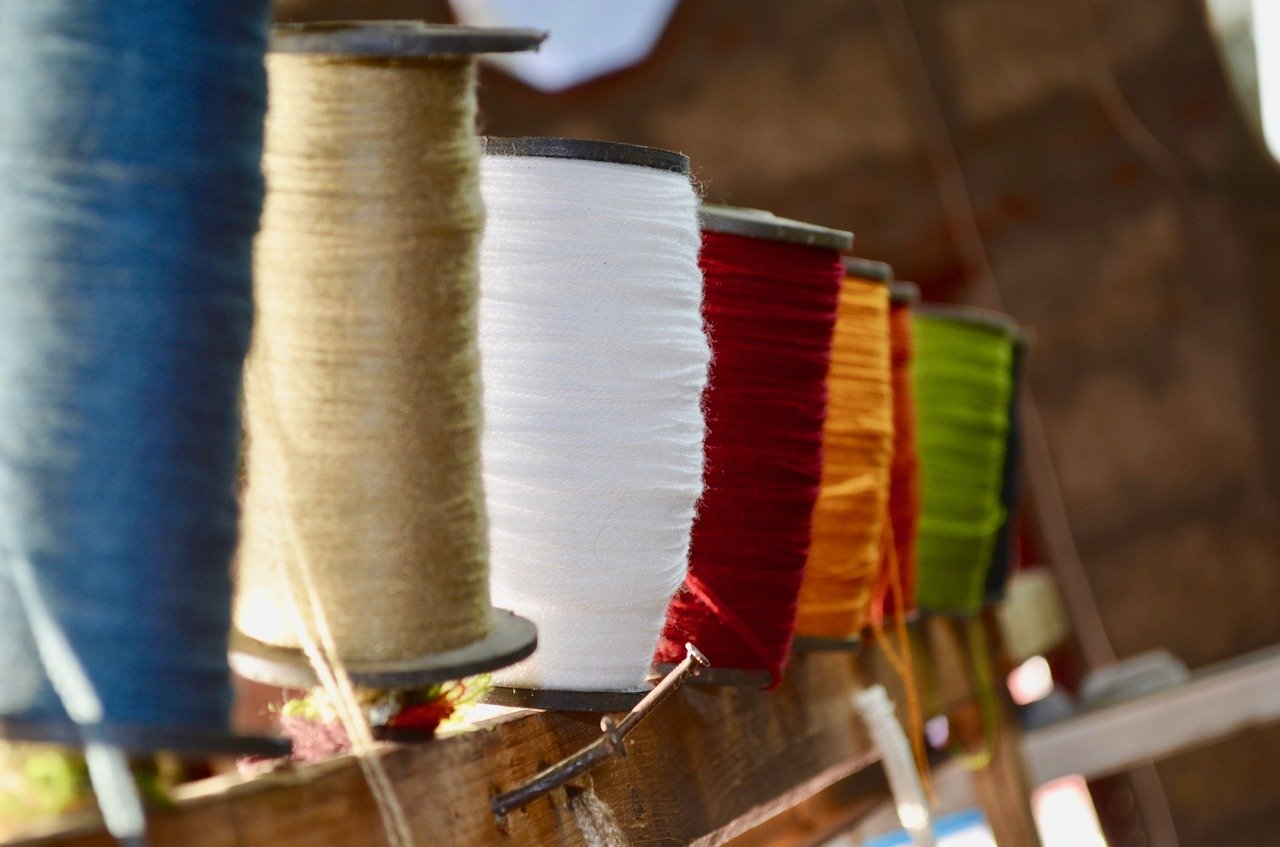 In Pakistan 22 million people live without access to clean drinking water and those living in water-deprived areas walk on average six kilometres everyday to access a well. LSE student, Bilal Bin Saqib (Msc Social Innovation and Entrepreneurship) set up non-profit Tayaba in 2015 to help introduce the ‘H20 Wheel’ to Pakistan. Here he explains why such a simple piece of technology can have revolutionary impacts.
In Pakistan 22 million people live without access to clean drinking water and those living in water-deprived areas walk on average six kilometres everyday to access a well. LSE student, Bilal Bin Saqib (Msc Social Innovation and Entrepreneurship) set up non-profit Tayaba in 2015 to help introduce the ‘H20 Wheel’ to Pakistan. Here he explains why such a simple piece of technology can have revolutionary impacts.
 Bilal with the ‘H2O Wheel’ in Pakistan | Credit: Bilal Bin Saqib
Bilal with the ‘H2O Wheel’ in Pakistan | Credit: Bilal Bin Saqib
Imagine going through your day without access to clean water. Imagine the only way to gain access to clean water was by carrying a clay water pot on your head for an average of six kilometres every day, of every week, of every year. Imagine the time wasted. Image the resulting chronic back and neck pain.
Despite 2.6 billion people around the world gaining access to an improved drinking-water source between 1990 and 2015, 844 million people still lack access to clean water. And in Pakistan, the sixth most populous country in the world, 22 million people live a life without basic access to clean drinking water. Either these people drink dirty, unfiltered water or travel long distances to gain access to a resource that we all have with a turn of a tap.
In Pakistan the consequences of unclean water are deadly: nearly 19,500 children under 5 die each year from diarrhoea, and both the UN and Pakistan authorities attribute the cause of between 30-40 percent of diseases and deaths to poor water quality. Moreover the consequences for those who are able to reach a clean water supply by balancing their Matki (an ancient clay water pot) on their heads, are a loss of time and lasting, often irreversible, damage to their spine.
Three years ago, while in Burkina Faso and the Democratic Republic of Congo, I came across people faced with similar problems with accessing water, although in West Africa, villagers were not transporting water on their heads. Instead they were pushing or pulling clean water in a plastic wheel container connected to a metal bar. The shape of the tub meant that the water could be moved over virtually any surface, and the metal bar allowed the person transporting the water (invariably women and young girls) to do so with ease. The water wheel was simple in design and revolutionary in impact. Journeys to wells were much quicker and much easier.
Water wheels have transformed millions of lives in Western Africa. They have also helped water-deprived communities in India. But in Pakistan, the water wheel has been curiously absent. The dominant method of carrying water in rural areas of the country continues to be with a Matki balanced on a head.
 The wheel in use | Credit: Bilal Bin Saqib
The wheel in use | Credit: Bilal Bin Saqib
Three years ago I set-up Tayaba, a non-profit organisation working to introduce the water wheel to water-deprived communities in Pakistan. Named the ‘H2O wheels’, these blue water drums have a capacity of 40 litres. They are designed and made in Lahore and so far have reached over 2,500 families in the south of the country: Tharparkar, Sindh and areas of Balochistan. Initially just an idea built on the hope to help those most disadvantaged in Pakistan, Tayaba has built a team of volunteers (students studying across the UK) and is working to double this number in the next year.
Of course Tayaba is only part of the solution to the water crisis in Pakistan. The country is set of face an acute water shortage with the IMF predicting that Pakistan could run out of the water by 2025, as it deals with rapid urbanisation and population growth. By 2040, Pakistan could be the most water-stressed country in South Asia. That’s why, while I’m at LSE, I’m working to incorporate a mobile water filter into the drum itself. This addition will allow the ‘H20 wheels’ to reach more remote communities and let them take ownership of their own water production. The intelligent application of technology to some of the most pressing problems in Pakistan has the power to give people the chance of self-reliance.
It is such a tragedy that in 2018 people live without access to the basic necessity to life: water. In 2019, we at Tayaba, will continue to roll out the ‘H20 wheels’ as Pakistan faces a water insecure future.
Find out more about Tayaba Donate to Tayaba. @H2oTayaba
This article gives the views of the author, and not the position of the South Asia @ LSE blog, nor of the London School of Economics. Please read our comments policy before posting.

Bilal Bin Saqib is currently studying for an MSc Social Innovation and Entrepreneurship at LSE. He is the founder of Tayaba.org and BBS & Co Ltd







